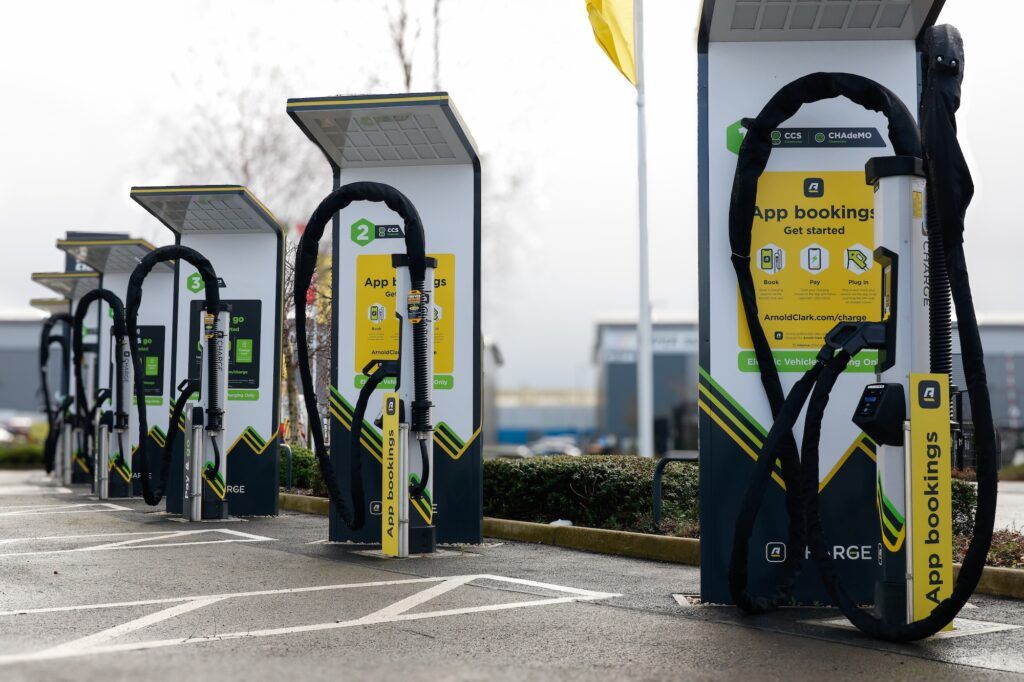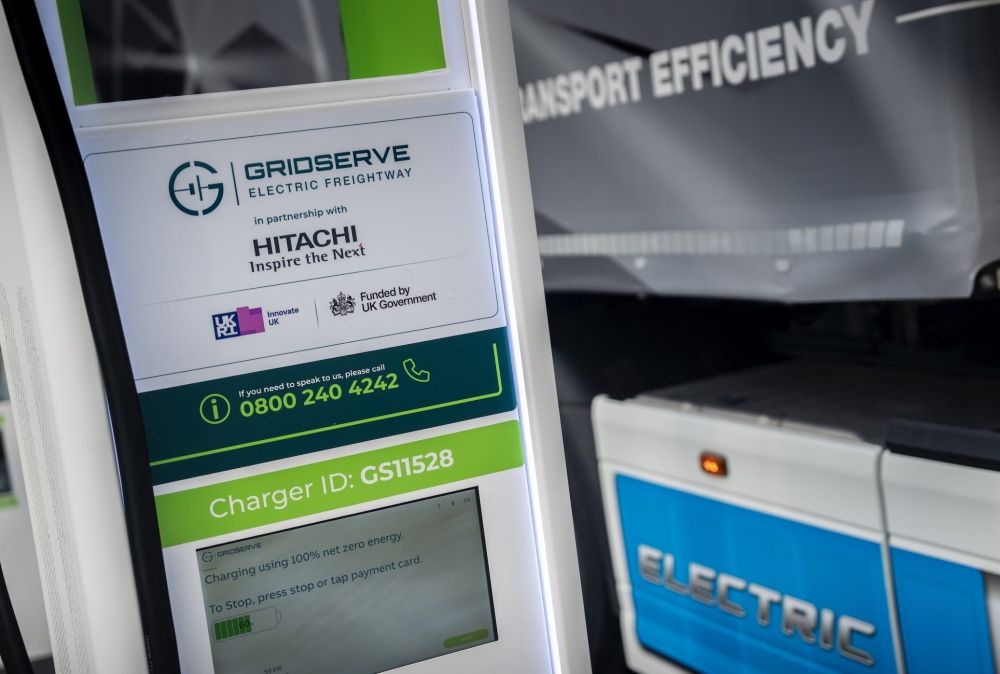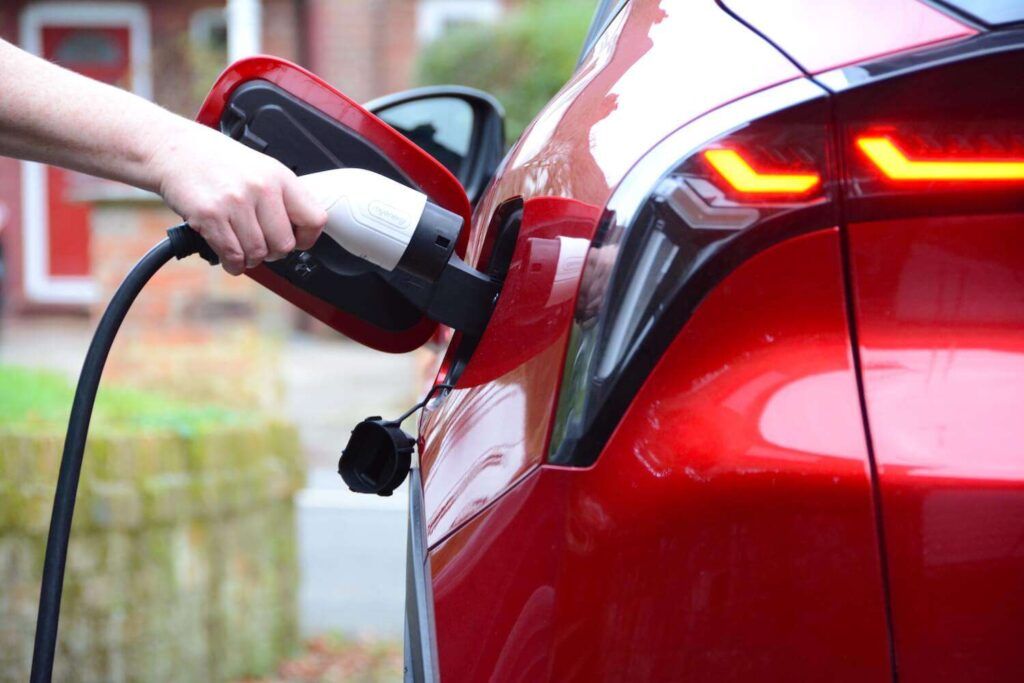The UK Government has confirmed that solar panels will be installed on new build homes as part of the Future Homes Standard.
According to statistics, a typical existing UK home could save around £530 a year from installing rooftop solar, based on the current energy price cap.
Under proposed changes, new homes will also have low-carbon heating, such as heat pumps and high levels of energy efficiency, cutting people’s energy bills and boosting the nation’s energy security with clean, homegrown power.
To deliver these aims, the proposed Future Homes Standard would see building regulations amended to explicitly promote solar – subject to practical limits with flexibility in place for new homes surrounded by trees or with lots of shade overhead, the government said.
After legislation came into force last week, more homeowners will now be able to install a heat pump within one metre of their property’s boundary without having to submit a planning application, unlocking even more savings and cutting unnecessary paperwork for working people.
With figures from Octopus showing that 34% of those who order a heat pump are discouraged or drop out for reasons attributed to the need to submit a planning application, this change will help families who may have less space outside their home make the upgrade to clean power.
The first quarter of 2025 saw a record number of applications to the Boiler Upgrade Scheme, up 73% from the same quarter in 2024.
The scheme provides households with up to £7,500 off the cost of a heat pump, which can save families around £100 a year by using a smart tariff effectively.
Energy Secretary Ed Miliband said:
Solar panels can save people hundreds of pounds off their energy bills, so it is just common sense for new homes to have them fitted as standard.
“So many people just don’t understand why this doesn’t already happen. With our plans, it will.”
Housing and Planning Minister, Matthew Pennycook, said:
“The Future Homes Standard will ensure new homes are modern and efficient with low-carbon heating, while our common-sense planning changes will now make it easier and cheaper for people to use heat pumps and switch to EVs so they can play their part in bolstering our nation’s energy security.
Chris Hewett, Chief Executive, Solar Energy UK, said:
“Making solar panels a functional requirement of the Building Regulations will cut energy bills, lower carbon emissions, help drive polluting natural gas off the grid and improve our nation’s energy security, too.”
Aadil Qureshi, Co-Founder and CEO, Heat Geek, said:
“Installing a heat pump, particularly alongside solar panels is an amazing way for homeowners to save hundreds of pounds on their energy bills and create a more comfortable home. The simplification of planning rules will help millions of homeowners, particularly in normal family homes in towns and cities, take advantage of this technology.”
Charles Wood, Deputy Director of Policy (Systems) at Energy UK, said:
“This change, alongside wider reforms to planning processes and network connections, will reduce bills for people in new build properties while also giving the industry confidence to invest in increased manufacturing and installer training as demand increases, creating jobs and bringing down technology costs for everyone.
“Ensuring our future energy security relies on producing more British power, the electrification of our economy and cutting waste. The energy sector continues to deliver energy efficiency improvements and install low-carbon heating, generation, and transport technologies for households and businesses across the country.”
Chris O’Shea, CEO of Centrica, said:
“Our research shows that customers can shrink their energy bills by 90% when they combine solar and battery with the right energy tariff, and this announcement means even more households can soak up the savings—and the sunshine—by generating their own clean, free electricity. And with the Future Home Standard expected in the Autumn, momentum is building behind Great Britain’s rooftop revolution.
Jack Brayshaw, Head of Technical Innovation at Vistry Group, said:
“Vistry is proud to be leading the way on sustainable placemaking, but we know that this is more to be done. Working with our partners, we have also been increasing the number of air source heat pumps we install on-site and exploring other measures, such as heat recovery, to promote low-carbon technologies while reducing energy bills for our customers.”
Ed Lockhart, Chief Executive, Future Homes Hub, said:
“The Future Homes Standard represents a major opportunity to build a generation of higher performing new homes. Moving to all electric homes, with photovoltaics, a better fabric system, better ventilation and smart technologies to optimise the way new homes use energy means that new homes will not only be better for the planet but also more comfortable, healthier to live in and cheaper to run for customers.”
Nigel Banks, Zero Bills Director at Octopus Energy, said:
“People deserve lower energy bills, and adding solar panels to a house as it’s built is an incredibly effective way to slash costs from day one.
“With the right smart tech and storage added to the mix, some households won’t have to pay a penny for energy.”
Matthew Hart, Director of Residential New Build at E.ON Next, said:
“Our vision at E.ON has always been to make clean, affordable energy the standard, not the exception, and this move will empower homeowners to take control of their energy use and keep bills low from day one. It’s exactly the kind of bold, practical action we need to build a more secure, low-carbon future for everyone.”
Mark Wakeford, National Chairman, National Federation of Builders, said:
“Solar panels on new homes make sense because they lower bills and progress the clean energy revolution we so desperately need. Credit must also be given for recent announcements on grid investment and connection reforms, as these were important challenges to recognise and solve for a rooftop revolution to happen in practice.”
Charlotte Lee, CEO, Heat Pump Association, said:
“This announcement provides a clear signal to the heat pump sector to scale up delivery in terms of workforce and manufacturing to meet the anticipated growth in the market and demonstrates the government’s commitment to decarbonise buildings.”
Garry Felgate, Chief Executive of The MCS Foundation, said:
“These plans by the government are a huge boost to the UK renewables sector, to our efforts to meet net zero, and in reducing energy costs for households.
“This announcement clearly shows that clean energy in the UK is the future. Maximising renewable energy technologies can benefit households by reducing bills as well as enhancing our national energy security.”
Trevor Hutchings, Chief Executive of the Renewable Energy Association (REA) said:
“The growth of solar power has been one of the UK’s biggest renewable energy success stories, demonstrating without a doubt that we don’t have to choose between lowering our emissions and lowering household energy bills.
“Today’s announcement – which the REA has long campaigned for – takes this one step further – not only enabling thousands of future homeowners to experience the benefits of affordable and clean power, but supercharging growth in the British renewable energy industry and driving forward our energy transition.”
Image from Shutterstock












